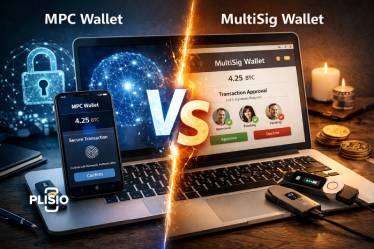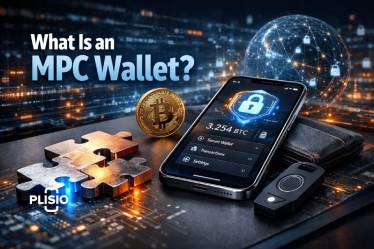What Does a Pending Transaction Mean?
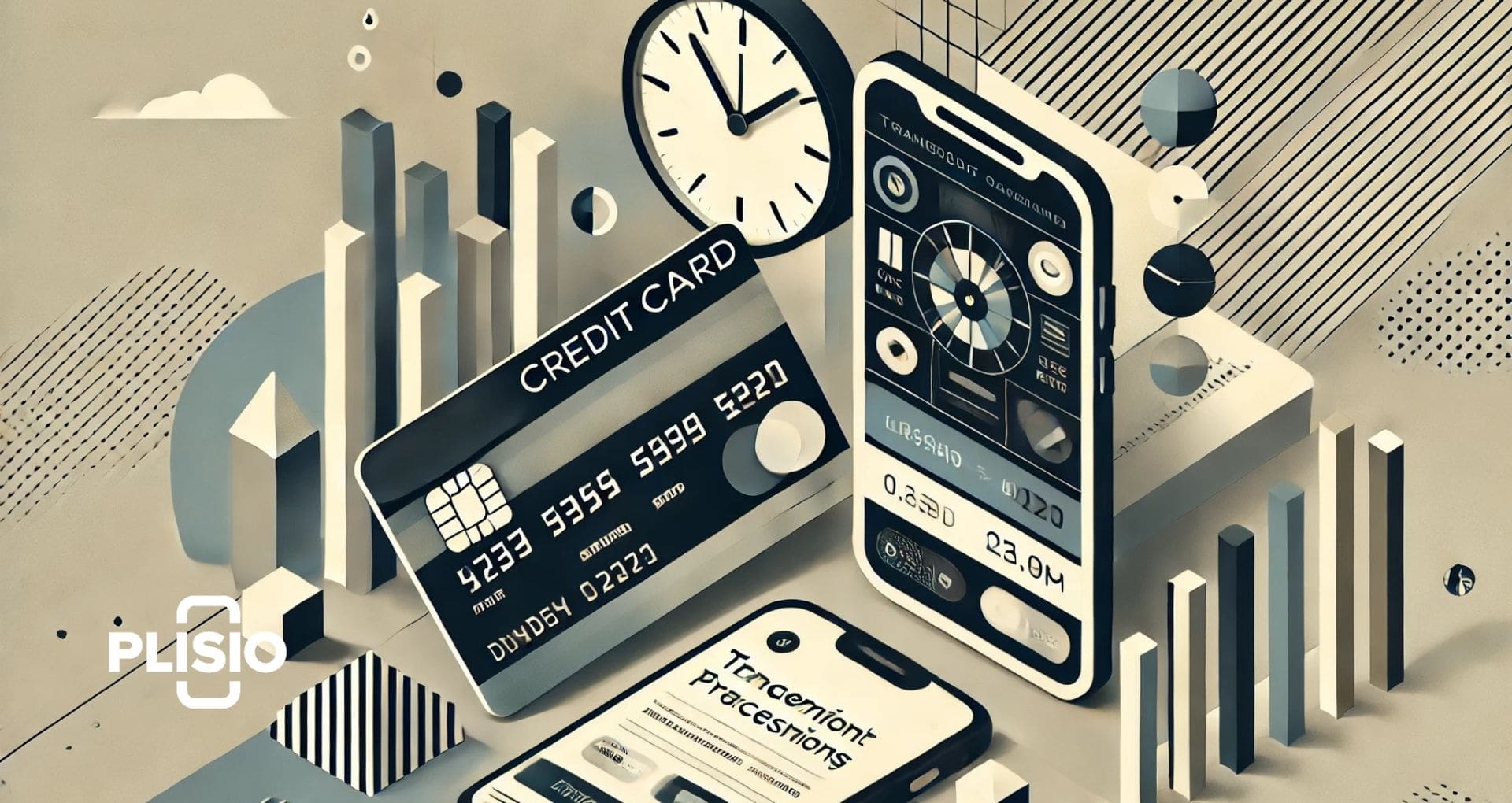
In the world of digital payments, understanding what a pending transaction means is essential for managing your finances. A pending transaction is a transaction that has been authorized but has not yet been fully processed by your bank or credit card issuer. This can occur with either a debit or credit card, and it’s a temporary state before the transaction becomes a posted transaction.
Why Transactions Show as Pending
When you use your card, the merchant runs your card to authorize the payment. This initial step ensures that your card is valid and you have sufficient funds or available credit. The transaction is pending during this time. The bank has approved the request, but the money hasn’t left your account or been settled with the merchant yet.
How Pending Transactions Work
To understand how pending transactions work, consider that each transaction goes through several stages: authorization, hold, and settlement. A pending transaction stays in this intermediate stage until the merchant and credit card company finalize it. This means your available balance or available funds will decrease immediately, even if the transaction hasn’t posted.
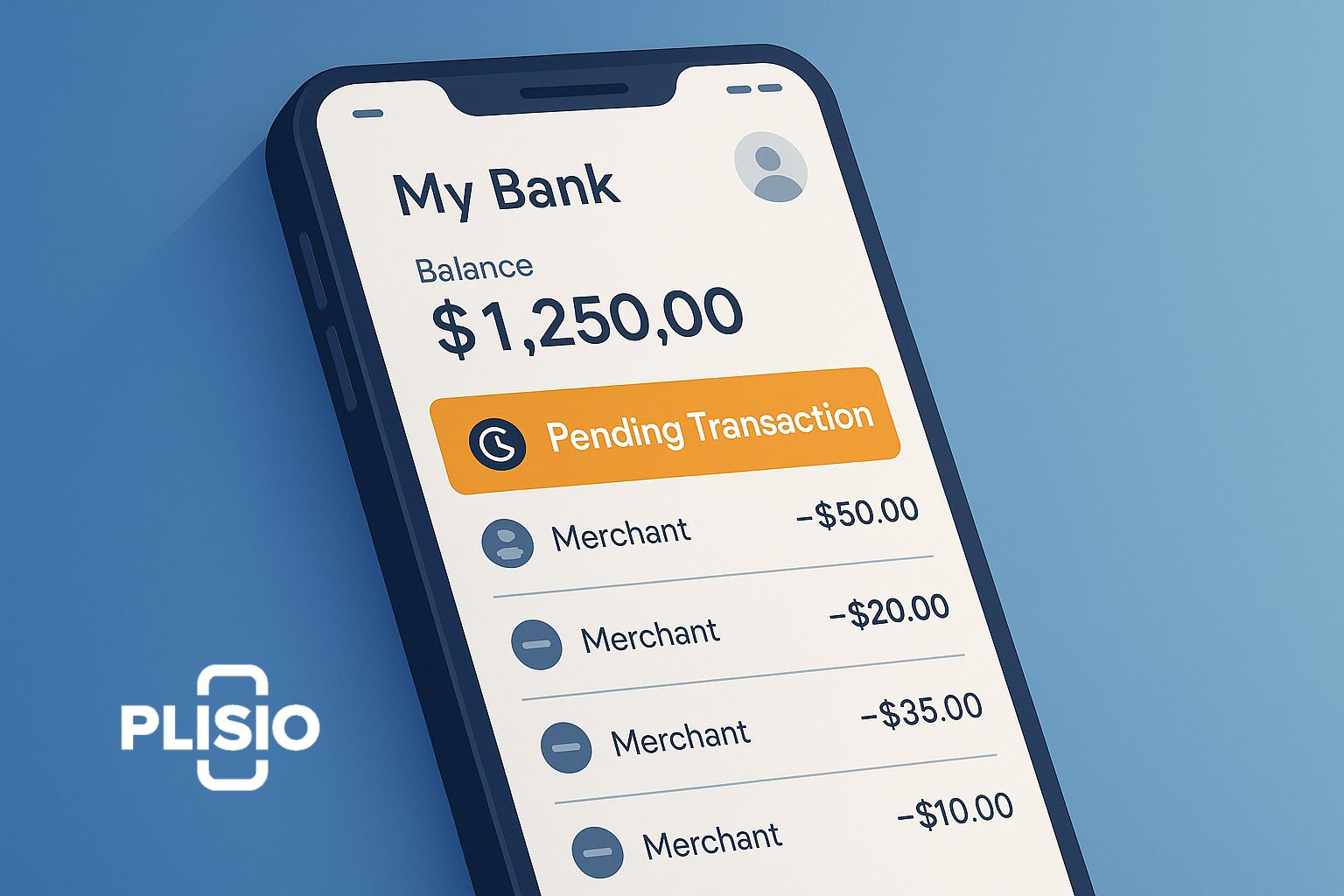
Impact on Account Balance
A pending transaction might not immediately reflect in your bank account balance, but it does affect your available balance. If the transaction reduces your available funds, it helps you avoid overdrafting your account. However, if the transaction exceeds your available funds, it may still be approved, and the bank may charge you an overdraft fee.
How Long Do Pending Transactions Take?
Many people wonder, “How long do pending transactions take?” A typical pending transaction might clear in 1 to 3 business days. However, pending transactions typically depend on the merchant, the type of transaction, and your bank or credit card policies. If your payment is pending longer than expected, contact your bank or credit card issuer for assistance.
Why a Transaction May Stay Pending
A transaction may remain pending due to technical issues, delays from the merchant, or network problems. A pending transaction stays on your account until it either posts or is dropped. Sometimes, a pending transaction is a credit, meaning it’s a refund that’s not yet finalized.
Can You Cancel a Pending Transaction?
You might wonder if you can cancel a pending transaction. In most cases, you are not able to cancel a pending charge directly. You must contact your bank or the merchant to attempt to decline a pending transaction. Whether you can cancel a pending transaction depends on the transaction type and how far along the transaction is in processing.
When Transactions Post
Once the transaction is finalized, it becomes a posted transaction. At this point, the amount is fully deducted from your account, and it will show up in your bank or monthly bank statement. The balance may differ between pending and posted states due to timing differences.
Types of Transactions That May Be Pending
Some card purchases, such as gas station authorizations or hotel pre-check-ins, will appear as pending for a longer time. These are certain transactions that require additional steps before they post. A credit card transaction might show a different amount once finalized, especially if the merchant adds tips or other charges.
Pending Transactions in Cryptocurrency
Pending transactions aren't limited to fiat systems; they also occur in the world of cryptocurrency. When a crypto transaction is initiated, it must be validated and confirmed on the blockchain. Until it is confirmed by enough network nodes, it remains a pending transaction. This pending status can result from network congestion, low gas or transaction fees, or temporary issues with the blockchain. Much like with traditional banks, your crypto wallet balance may show a transaction as pending until it is fully confirmed. However, unlike with bank or credit card issuer systems, you cannot easily reverse or cancel a pending transaction on a blockchain once broadcasted. Always double-check the wallet address, fee amount, and network status before sending crypto assets.
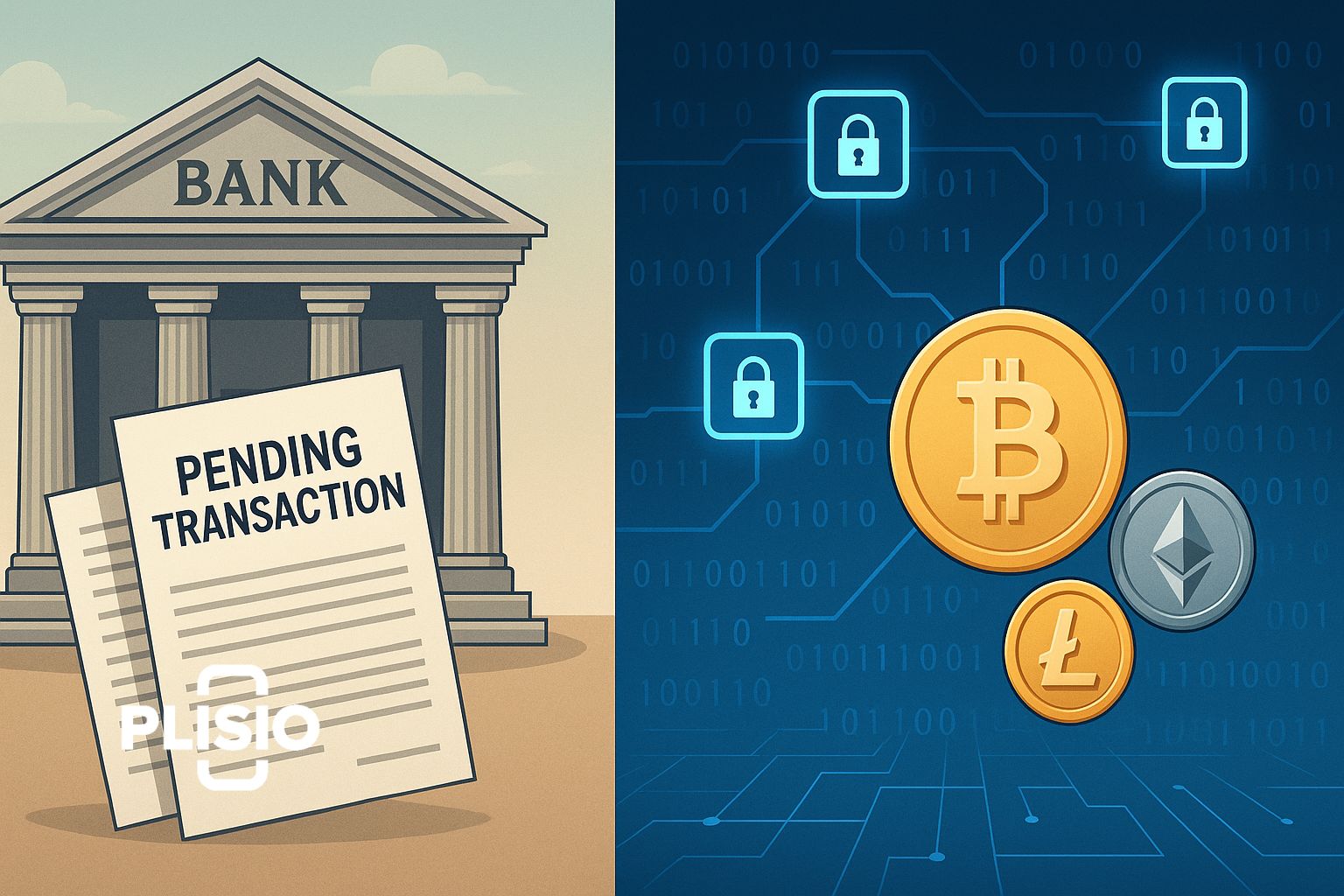
Bank vs Crypto Pending Transactions
|
Feature |
Bank Transactions |
Cryptocurrency Transactions |
|
Processing Time |
1–3 business days |
Minutes to hours (depends on fees) |
|
Can Cancel Transaction? |
Possibly, via bank or merchant |
Rarely, usually irreversible |
|
Affects Available Balance? |
Yes |
Depends on wallet type |
|
Transaction Visibility |
Online banking/statement |
Blockchain explorer or wallet app |
|
Causes for Delay |
Merchant/bank processing |
Network congestion or low fees |
|
Reversible After Posting? |
Possibly, with dispute |
No (in most blockchains) |
How Pending Transactions Affect You
Pending transactions affect more than just your account balance. They can also affect the amount of money available for new transactions. If you see a pending transaction you don’t recognize, you should immediately contact your bank to investigate. These transactions affect your available balance, so it’s essential to track them to make sure the card is valid and avoid surprises.
Frequently Asked Questions About Pending Transactions
- Do pending transactions affect your credit score? Not directly. However, your credit score may be impacted if the credit card is overused or payments are missed.
- Can pending payments be disputed? Yes. If a pending transaction is unauthorized, report it to your bank or credit card issuer.
- Do pending transactions show up on my statement? They will eventually post to your account and appear in your monthly bank statement.
Managing Your Pending Transactions
To manage your pending transactions, regularly monitor your account and debit card activity. Check the list of pending charges in your account or credit card app. This will help ensure every transaction is legitimate and you have an accurate picture of your current balance.
Summary
In short, a pending transaction is a temporary hold that occurs after you purchase with a debit card or credit card, before the transaction posts. These transactions usually clear within a few days. If a transaction stays on your account too long or seems suspicious, contact your bank to resolve it. Monitoring your checking account and staying informed can help you stay on top of your finances and understand what a pending transaction mean in daily banking life—and even in crypto.


